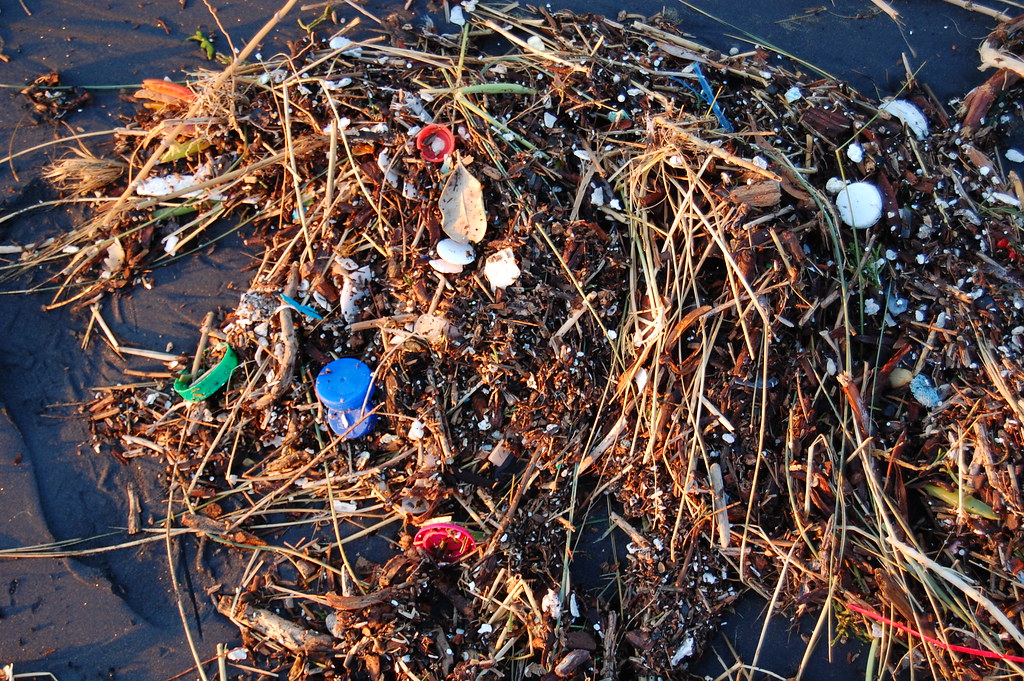For the first time, the evaluations used the most advanced economic and environmental integrated models, GTAP (Purdue University’s Global Trade Analysis Project) and InVEST (model of the international project “natural capital”, NatCap, which is run by the University of Minnesota).
The scientists analyzed three scenarios (“business as usual”, “sustainable development” as understood by the UN, and “global conservation” of 30% of the world's virgin natural territories amid a decrease in greenhouse emissions) that affect the supply of natural assets such as coastal ecosystems, pollination, and surface waters, forests and fish stocks. After that, they have calculated how the basic economic indicators, such as GDP, production, trade and prices, will change by 2050 compared to 2011.
In the “business as usual” scenario (the economy continues to intensively consume natural resources, greenhouse gas emissions continue to grow, and biodiversity and natural areas continue to decline) at a discount rate of 3%, global GDP will lose $ 9.9 trillion from 2011 by 2050, or 0.67 percentage points of annual growth over this period. The global supply of fish resources will decrease annually by 1.1%, and prices (compared with the conservation scenario) for forest products will increase by 7.9%, cotton - 5.5%, oilseeds - 3.8%, fruits and vegetables - by 3.4%. The scenario, which presumes conservation and reduction of greenhouse emissions, gives a slight increase in GDP (by $ 0.23 trillion from the level of 2011 and 0.02% annually) and a decrease in prices (in particular, fish will become cheaper by 21.5%, unlike 5.4% in the “business as usual” scenario).
Both the losses and the benefits of the “worst” and “best” scenarios will be unevenly distributed between the countries. In any of them, the United States, Great Britain and Japan will inevitably suffer the main losses due to the degradation of coastal ecosystems.
source: wwf.org.uk
The scientists analyzed three scenarios (“business as usual”, “sustainable development” as understood by the UN, and “global conservation” of 30% of the world's virgin natural territories amid a decrease in greenhouse emissions) that affect the supply of natural assets such as coastal ecosystems, pollination, and surface waters, forests and fish stocks. After that, they have calculated how the basic economic indicators, such as GDP, production, trade and prices, will change by 2050 compared to 2011.
In the “business as usual” scenario (the economy continues to intensively consume natural resources, greenhouse gas emissions continue to grow, and biodiversity and natural areas continue to decline) at a discount rate of 3%, global GDP will lose $ 9.9 trillion from 2011 by 2050, or 0.67 percentage points of annual growth over this period. The global supply of fish resources will decrease annually by 1.1%, and prices (compared with the conservation scenario) for forest products will increase by 7.9%, cotton - 5.5%, oilseeds - 3.8%, fruits and vegetables - by 3.4%. The scenario, which presumes conservation and reduction of greenhouse emissions, gives a slight increase in GDP (by $ 0.23 trillion from the level of 2011 and 0.02% annually) and a decrease in prices (in particular, fish will become cheaper by 21.5%, unlike 5.4% in the “business as usual” scenario).
Both the losses and the benefits of the “worst” and “best” scenarios will be unevenly distributed between the countries. In any of them, the United States, Great Britain and Japan will inevitably suffer the main losses due to the degradation of coastal ecosystems.
source: wwf.org.uk





